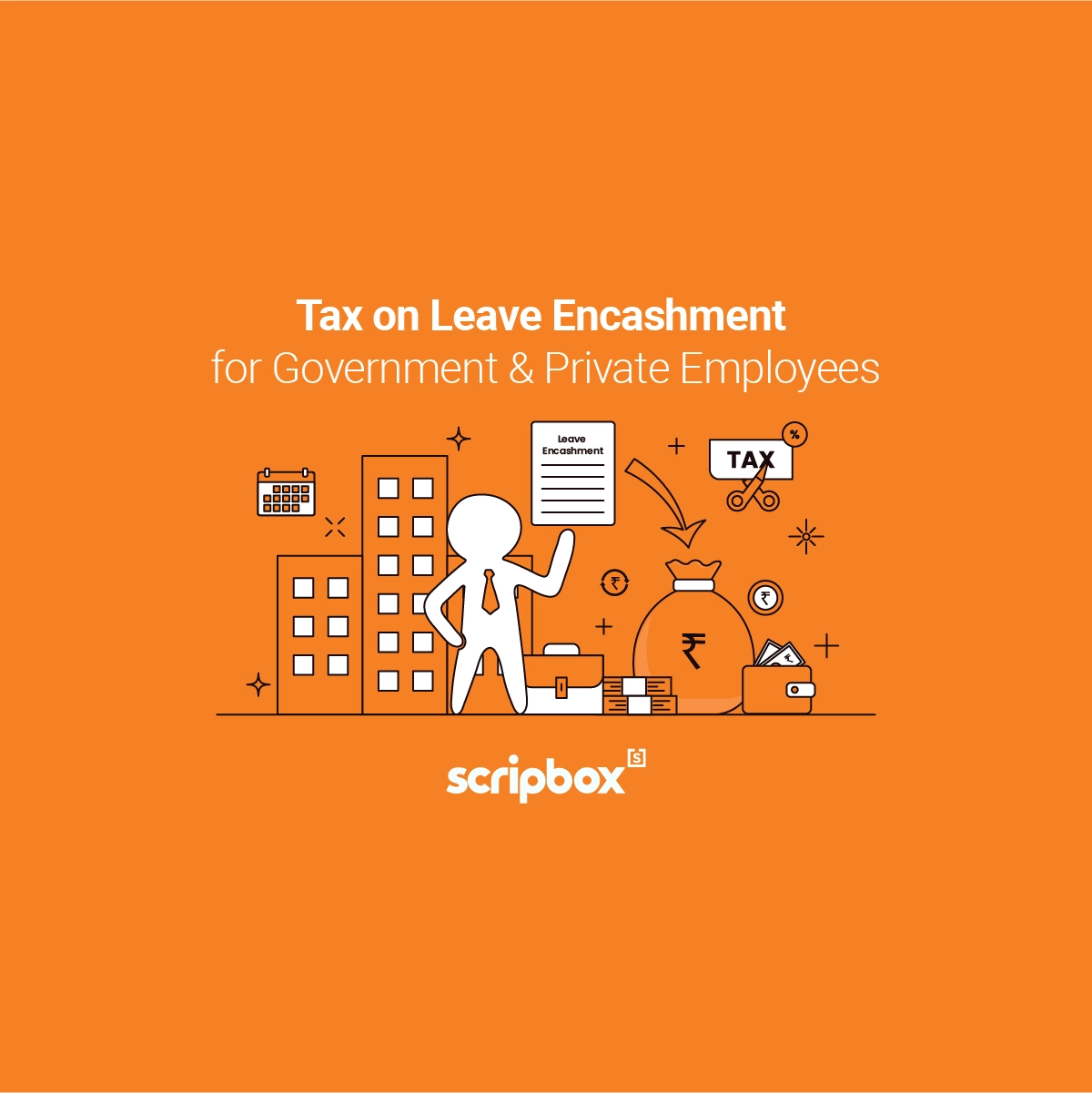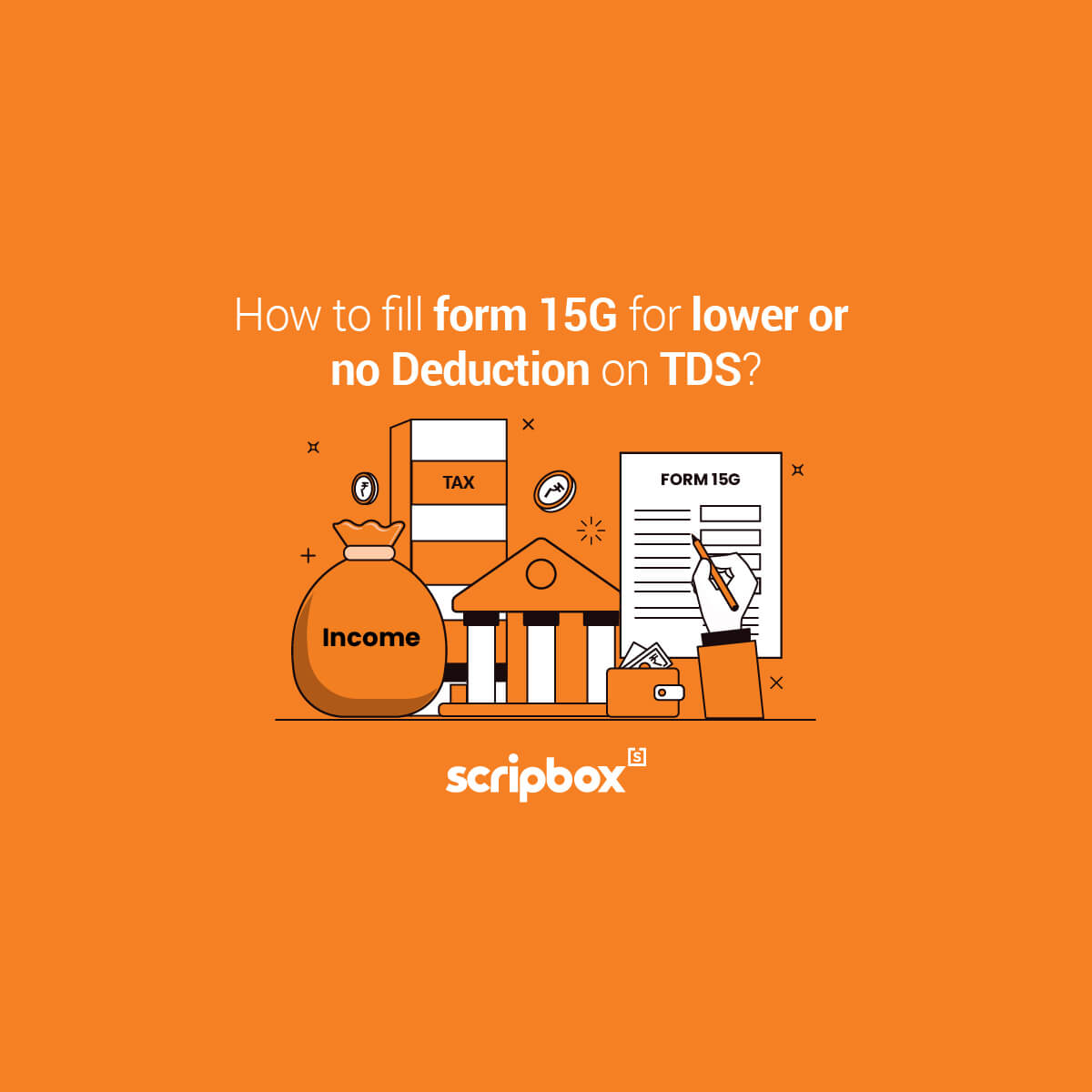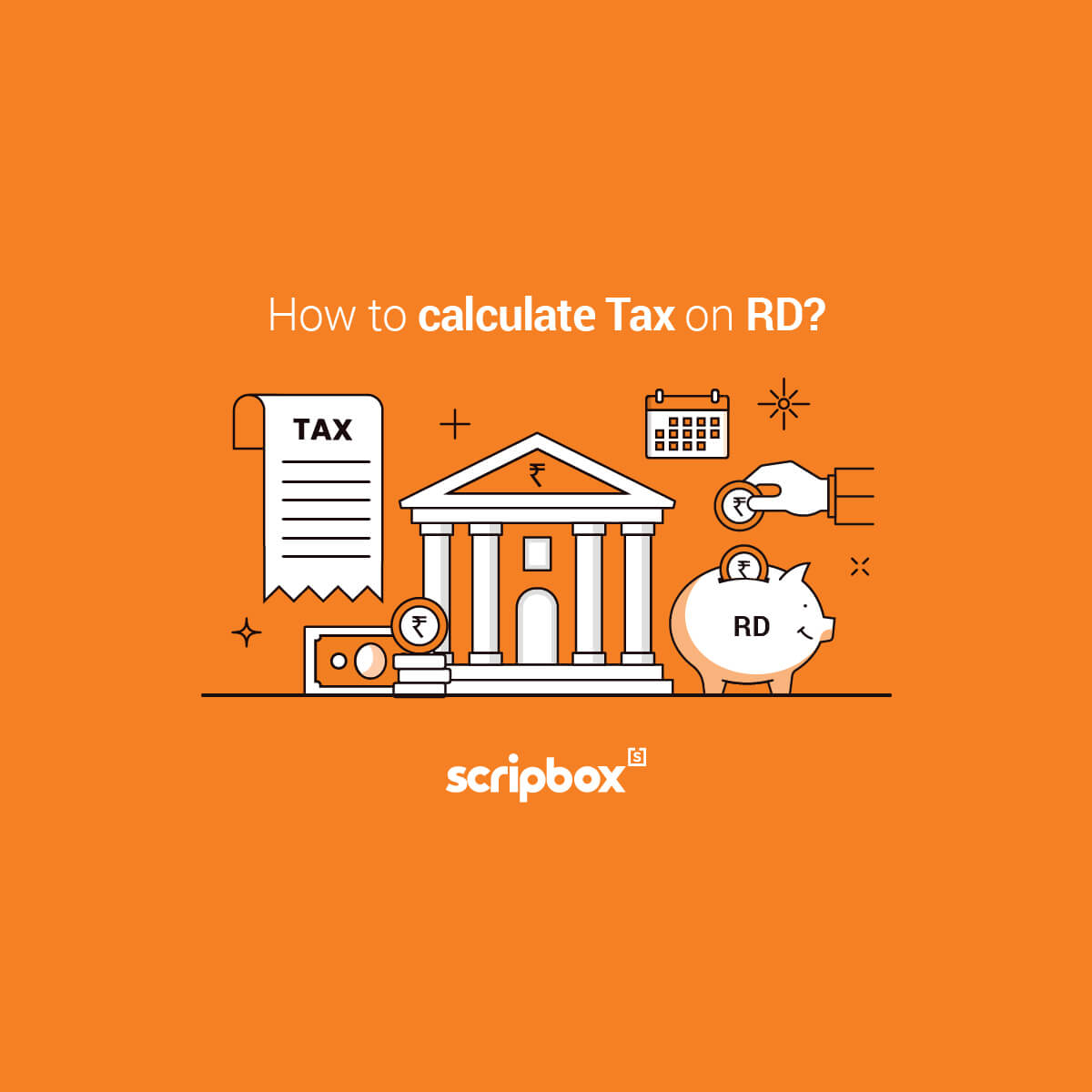The Income Tax Act levies income tax on every type of individual taxpayer being a regular taxpayer or a senior and super senior citizen. However, it also provides many benefits to senior citizens of our country. The intent is to ensure that senior citizens are not burdened with higher taxes during their old age on their retirement income. Hence, they enjoy a higher income tax basic exemption limit, higher exemptions and deduction, relaxation in compliances. In this article, we have covered who are senior citizens, income tax for senior citizens, income tax benefits in the form of deductions and exemptions.
Who is Senior Citizen in India as per Income Tax?
An individual who is 60 years or above in age but less than 80 years at any time during the previous year.
Who is Super Senior Citizen in India as per Income Tax?
An individual who is 80 years or above, at any time during the previous year.
Sources of Income
A senior citizen and a super senior citizen usually earns the following type of income at such an elderly age:
- Pension
- Retirement benefits from investments
- Return on investments like SCSS, PPF, National Savings Certificates
- Interest income from fixed deposits, recurring deposits, savings account balance
- Rental income from house property
- Income from capital gains
Calculation of Income Tax for Senior Citizens
The calculation of income tax for senior citizens is not different from the income tax calculation for other individual taxpayers. The calculation of income under the five different income heads is the same. After calculating the gross total income the senior citizens can claim the income exemptions and tax deductions. This will be the net taxable income. Then as per the applicable tax slab rate, you must calculate the tax liability. Similar to other individual taxpayers, senior citizens and super senior citizens can opt for the new tax regime. However, under the new tax regime, they would not get the benefit of a higher basic exemption limit. Hence, choose wisely.
You can use Scripbox’s income tax calculator to calculate the total taxable income and the net tax payable. The income tax calculator also provides a comparison of tax payable under the old tax regime and the new tax regime. This way you can compare the net tax payable and plan your taxes better.
Income Tax Slab for Senior Citizens
| Existing Tax Regime | New Tax Regime u/s 115BAC | ||
| Income Tax Slab | Tax Rate | Tax Slab | Income Tax Rate |
| Up to ₹ 3,00,000 | Nil | Up to ₹ 3,00,000 | Nil |
| ₹ 3,00,001 – ₹ 5,00,000 | 5% above ₹ 3,00,000 (Rebate available) | ₹ 3,00,001 – ₹ 6,00,000 | 5% above ₹ 3,00,000 |
| ₹ 5,00,001 – ₹ 10,00,000 | ₹ 10,000 + 20% above ₹ 5,00,000 | ₹ 6,00,001 – ₹ 9,00,000 | ₹ 15,000 + 10% above ₹ 6,00,000 |
| Above ₹ 10,00,000 | ₹ 1,10,000 + 30% above ₹ 10,00,000 | ₹ 9,00,001 – ₹ 12,00,000 | ₹ 45,000 + 15% above ₹ 9,00,000 |
| ₹ 12,00,001 – ₹ 15,00,000 | ₹ 90,000 + 20% above ₹ 12,00,000 | ||
| Above ₹ 15,00,000 | ₹ 1,50,000 + 30% above ₹ 15,00,000 |
Income Tax Slab for Super Senior Citizens
| Existing Tax Regime | New Tax Regime u/s 115BAC | ||
| Income Tax Slab | Tax Rate | Tax Slab | Income Tax Rate |
| Up to ₹ 5,00,000 | Nil | Up to ₹ 3,00,000 | Nil |
| ₹ 5,00,001 – ₹ 10,00,000 | 20% above ₹ 5,00,000 | ₹ 3,00,001 – ₹ 6,00,000 | 5% above ₹ 3,00,000 |
| Above ₹ 10,00,000 | ₹ 1,00,000 + 30% above ₹ 10,00,000 | ₹ 6,00,001 – ₹ 9,00,000 | ₹ 15,000 + 10% above ₹ 6,00,000 |
| ₹ 9,00,001 – ₹ 12,00,000 | ₹ 45,000 + 15% above ₹ 9,00,000 | ||
| ₹ 12,00,001 – ₹ 15,00,000 | ₹ 90,000 + 20% above ₹ 12,00,000 | ||
| Above ₹ 15,00,000 | ₹ 1,50,000 + 30% above ₹ 15,00,000 |
Check Out Income Tax Slabs
Benefits Under Income Tax For Senior Citizens
The Income Tax Act offers benefits for income tax for senior citizens and super senior citizens. These benefits are lower deduction of TDS, non-filing of ITR, higher deduction limits, and lesser compliances. The following are the additional benefits under income tax for senior citizens:
- The super senior citizens have the option to file their income tax returns offline or through paper mode. They can also file their ITR-1 and ITR-4 online through an e-filing facility.
- An individual taxpayer whose estimated total tax liability for a financial year exceeds Rs 10,000 must pay an advance tax. The Income Tax Act, 1961 provides for mandatory payment of advance tax under section 207. However, section 207 provides relief to a resident senior and super senior citizen. A resident senior and super senior citizen need not mandatorily pay advance tax even if their estimated tax liability exceeds Rs 10,000. However, such relief is not applicable if the they have earned any income from business or profession during the financial year.
- Section 80D provides for a tax deduction for payment of premium towards the medical insurance policy. For a regular individual taxpayer, the deduction limit is Rs 25,000. A senior citizen and a super senior citizen can claim up to Rs 50,000 as a tax deduction under section 80D.
- Section 80DDB provides for a tax deduction against any payment made towards the medical treatment of specific diseases of a self or dependent individual. A tax deduction of up to Rs 40000 is allowed to a regular taxpayer. However, a senior citizen and a super senior citizen can claim up to Rs 1,00,000 as a tax deduction under section 80DDB
- The Income Tax Act provides for a tax deduction under section 80TTB against interest income from deposits with banks, post offices, or co-operative banks. A senior and super senior citizen can claim a tax deduction of up to Rs 50,000 against interest income from fixed deposits and savings account balance. Section 194A provides for deduction of TDS against interest income received by the bank, post office, or co-operative bank. Moreover, senior and super senior citizens are exempted from deduction of TDS under section 194A.
- The basic exemption limit for a regular taxpayer is Rs 2,50,000. For a senior citizen, the basic exemption limit is Rs 3,00,000. Furthermore, a super senior citizen enjoys the benefit of a higher basic exemption limit of Rs 5,00,000. This leads to a tax saving of Rs 5,000 for a senior citizen and Rs 25,000 for a super senior citizen. However, the benefit of a higher tax slab is not available with the new tax regime.
- A senior citizen can file a form 15H for a lower or nil deduction of TDS
- Section 194P provides for an exemption from filing the income tax return for a specified senior citizen. Hence, a resident senior citizen who is above the age of 75 years and has pension income and interest income only & interest income accrued/earned from the same specified bank in which he is receiving his pension is eligible. Section 194P is applicable with effect from 1st April 2021.
Frequently Asked Questions
The standard deduction for senior citizens in India is Rs 50,000 with effect from the financial year 2019-20. The limit of standard deduction is the same for senior citizens as for regular individual taxpayers.
The basic income tax limit for senior citizens is Rs 3,00,000 and for super senior citizens is Rs 5,00,000. The higher tax slab is a benefit extended only to senior citizens by the Income Tax Act. This way they benefit from tax savings of up to Rs 5,000 and Rs 25,000 accordingly. However, the benefit of a higher tax slab is not available with the new tax regime. Hence, you must choose between the old and new tax regime wisely while doing your tax planning.
The calculation of the income tax for senior citizens is not different from the income tax calculation for other individual taxpayers. The calculation of income under the five different income heads is the same. After calculating the gross total income the senior citizens can claim the income exemptions and tax deductions. This will be the net taxable income. Then as per the tax slab you must calculate the tax liability. Similar to other individual taxpayers, senior citizens and super senior citizens can opt for the new tax regime. However, under the new tax regime they would not get the benefit of a higher basic exemption limit. Hence, choose wisely.
You can use Scripbox’s income tax calculator to calculate the total taxable income and the tax payable. The income tax calculator also provides a comparison of tax payable under the old tax regime and new tax regime. This way you can compare the net tax payable and plan your taxes better.
Senior citizens have multiple tax saving options. They can claim tax deduction under section 80C against the tax saving investments and eligible expenses. Further they can claim up to Rs 50,000 under section 80D against payment of premium towards medical insurance policy. Section 80DDB also provides for a higher tax deduction of up to Rs 1,00,000 against medical treatment of specific diseases. An interest income is exempt up to Rs 50,000 for senior citizens.
Yes, section 80C deductions are applicable to senior citizens.
Related Articles
- Who is Senior Citizen in India as per Income Tax?
- Who is Super Senior Citizen in India as per Income Tax?
- Sources of Income
- Calculation of Income Tax for Senior Citizens
- Income Tax Slab for Senior Citizens
- Income Tax Slab for Super Senior Citizens
- Benefits Under Income Tax For Senior Citizens
- Frequently Asked Questions























Show comments